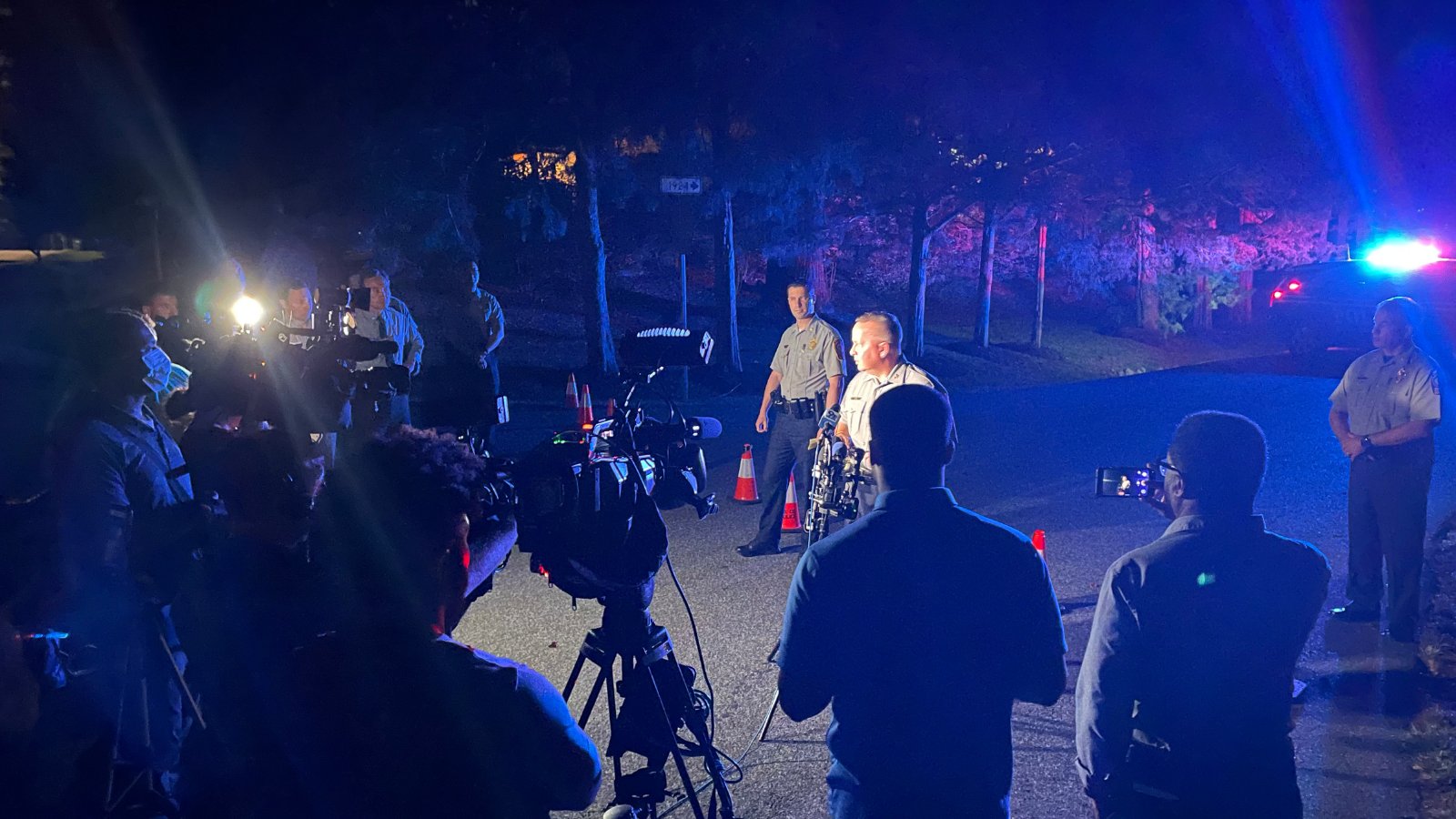By Family Attorney Billie Tarascio of Modern Law
Last month, the Arizona Supreme Court issued its final opinion in an emotionally-charged case.
In 2014, Ruby Torres was diagnosed with breast cancer. Out of concern for her future fertility, she wanted to use her eggs and donor sperm to create embryos that she could freeze for use at a later date — after she had beat her cancer.
Torres’ boyfriend, John Terrell, eventually agreed to be the sperm donor for these embryos. They went to an in vitro fertilization (IVF) clinic to have the procedure done. In the course of this, the two signed an agreement that laid out the controlling terms of the embryos, should Torres’ and Terrell’s relationship change in the future.
The agreement stated that the embryos were joint property and that both partners had to consent for future use of them. Four days later, they married. Seven embryos were frozen.
However, before the embryos could be used, the couple divorced. Torres wanted to keep and use the embryos, so that she could have biological children. Terrell disagreed, stating that he wanted to donate them to another couple.
After a protracted legal battle, the Arizona Supreme Court decided that the agreement the couple had signed was no different than any other contract — the sensitive subject matter notwithstanding. The embryos were to be donated.
In the background, Arizona state lawmakers began pushing legislation that would preempt a situation like this from having a similar outcome in the future. The state enacted a law requiring judges to give viable embryos to the spouse who seeks to allow them to be born, regardless of what a separate contract might say. It’s worth noting that this did not apply retroactively to Torres’ efforts to obtain possession of the embryos.
However, the Arizona law represents the very first of its kind in the nation, which gives preference to a party’s right to have a child. Courts traditionally have sided with a person’s right to decide not to have one.
It is unclear whether this is the start of a trend, but in any case, individuals contemplating an IVF procedure might benefit from considering several key elements. This includes reading any forms before signing them, as well as giving careful consideration to what should happen to any unused embryos. As shown by the Torres case, plans for what should happen in the event of a relationship’s end should also be planned out.
Dr. Art Castelbaum, a reproductive endocrinologist, points out that most patients survive their cancer, but that not every relationship will sustain. He recommends women take sole custody of their embryos and that they freeze not only embryos, but additional eggs, as well.






